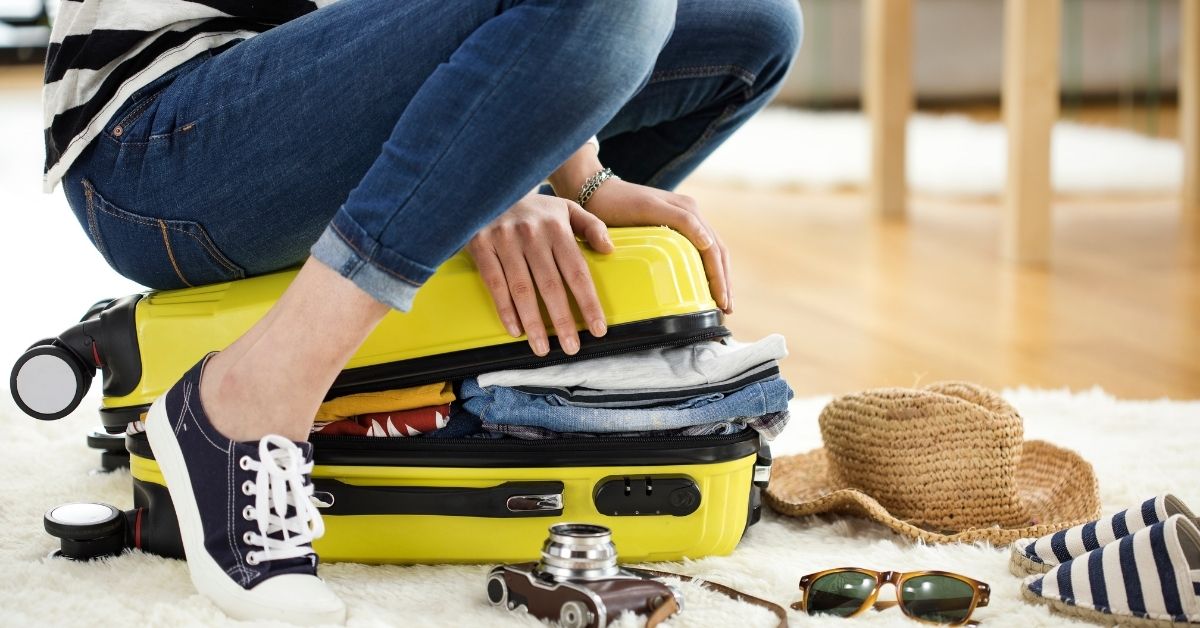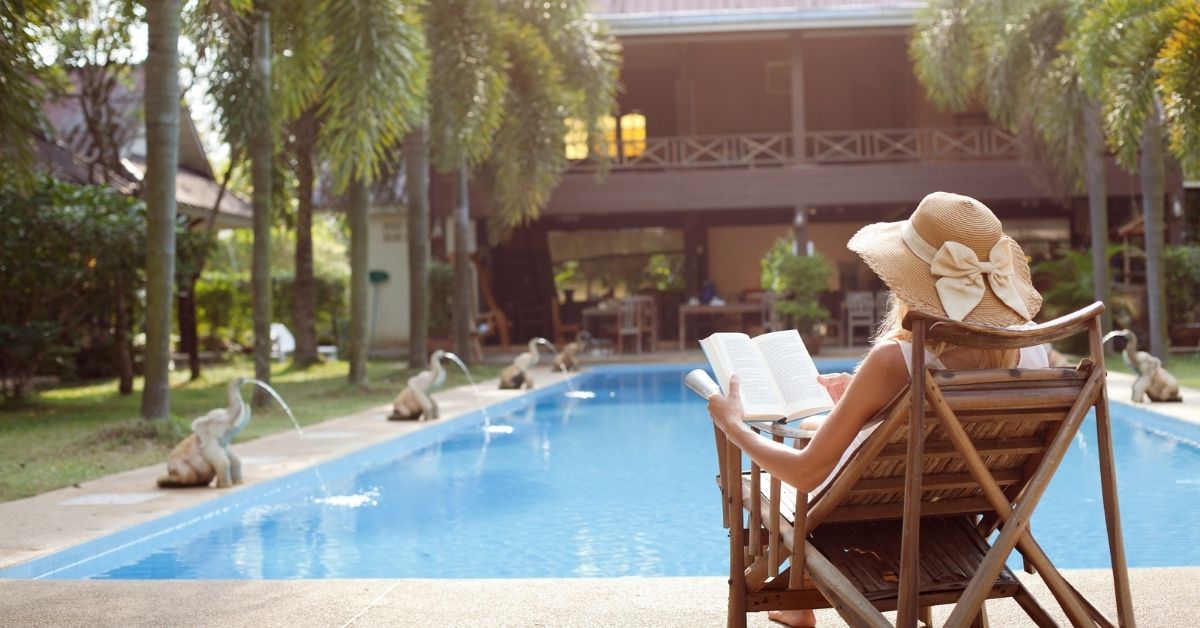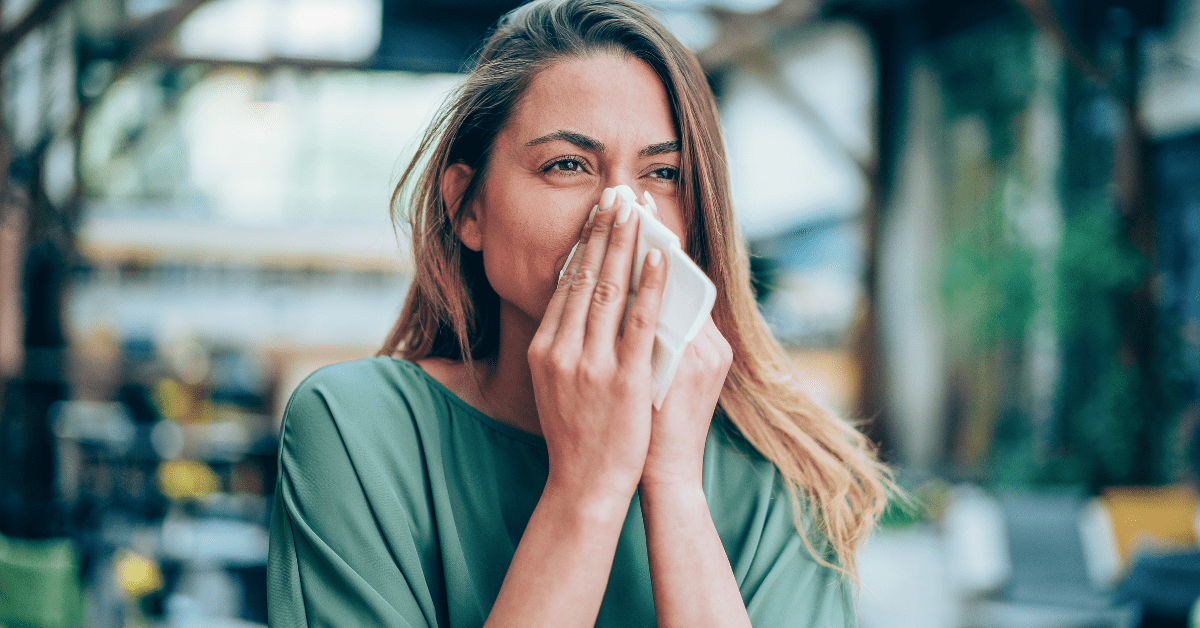Whether it is yourself or your family member, we know that planning can be difficult when it comes to travelling with allergies. This is because on top of any stress ordinarily associated with planning a holiday, you also must be mindful of any potential risk factors. However there is no need to worry – Knights Pharmacy is here to help! We have compiled this useful guide, containing 5 steps for travelling safely with allergies to give you peace of mind.

1. Be aware of your allergies
If you are experiencing symptoms that are getting in the way of your daily life, but are unable to pinpoint them, our allergy test seeks to identify any potential allergens for you. Being aware of your allergies will allow you to make informed choices with regards to your travel.
Consider your destinations carefully
In terms of booking your holiday, Allergy UK suggests factoring in the following considerations when booking a trip:
– Your method of transport
– Whether you understand the language
– If you have translation cards in case of an emergency (if relevant)
– Your closest emergency department during your trip
– If your travel insurance covers your allergies
– Whether you have enough medication and if not, whether you will be able to organise this

2. Research your flight details
Food policy varies between airlines; you should make sure to clarify this with your airline before you fly. Similarly, you should make sure to make them aware of your allergies in advance of your trip.
Additionally, Anaphylaxis Campaign suggests tailoring your flight times to accommodate for your individual allergies. For example, if you have an egg and milk allergy, a flight outside of breakfast hours would be the most suitable. Conversely, a morning flight may be advisable for nut allergies. This is because planes are generally cleaned overnight. However, informing and checking with your airline before travel is the most important step you can take in terms of travelling with allergies.

3. Organise necessary documentation and medication
If you know that there is a possibility of an allergic reaction whilst you are away, you should make sure to take plenty of medication for your trip. Also, you should carry your medication in your hand luggage so that it is more accessible.
It is important to note that the liquids allowance does not apply to liquid medication, however you may need a doctor’s note or prescription. You will need to organise this in advance of your travel. Similarly, you will also need this documentation for adrenaline auto-injector devices (AAI).
4. Communicate your allergies constantly
Even if you told your airline about your allergy before arriving at the airport, you should remind them at every important opportunity. This includes when any food is due to be eaten, as well as when you are boarding the plane. It may also be useful to take wipes with you, so that you can clean your tray tables and seating areas before use.

5. Check your destination
When it comes to your accommodation, you should make sure to ask whether they will supply suitable bedding, as well as whether they are pet-free if you have pet allergies, for example. Moreover, if you suffer from hay fever, we would recommend checking the pollen count. You should also make relevant alterations to your clothing and medications.
You can find our guide to beating hay fever below.
If you are looking to jet off on your travels, we are here to help. We offer professional advice with regards to managing your allergies, as well as offering a range of symptom management methods to suit your needs.

Find your local branch to stop allergies from getting in the way of you enjoying your trip!
This post was written on behalf of Knights Pharmacy by Carla Moore from Pharmacy Mentor





